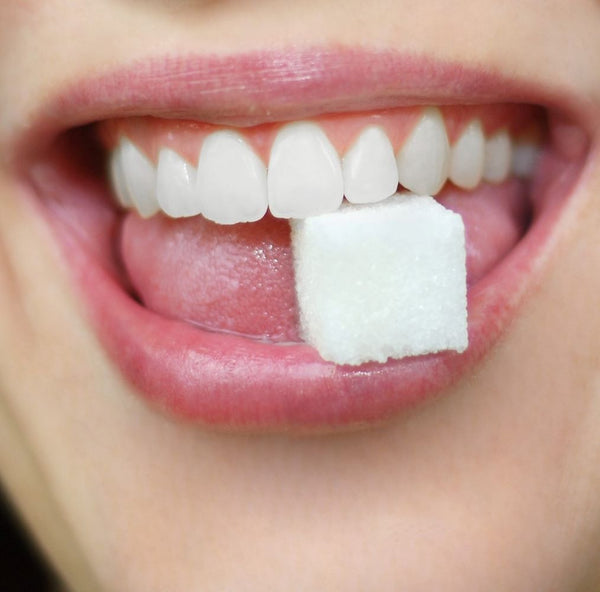
How Sugar Impacts Your Teeth
Most of us know that sugar is bad for your teeth, but the science behind why might not be what you'd expect. The sugar itself doesn't harm your teeth. The real culprit is the bacteria in your mouth that feeds on sugar. These bacteria produce acid whenever they encounter sugar, and the acid causes a wide range of oral issues, from decay to disease.
At EverSmile, we sell numerous teeth-cleaning products that kill bacteria to prevent these acids from developing.
Why Sugar Is Bad for Your Teeth and Mouth
There are several ways that sugar negatively impacts your oral health:
- Plaque buildup. Sugar causes the formation of dental plaque, which is the sticky film that develops on the surface of your teeth. If the plaque is not removed regularly by your saliva and brushing your teeth, the bacteria will multiply.
- Weakened enamel. As bacteria develop, the acid they produce causes your enamel — the outer, protective layer of your teeth — to become weak. Weakened enamel increases your sensitivity to temperature and pressure when you eat and drink and can eventually lead to tooth decay.
- Imbalanced pH. The more acid in your mouth, the more imbalanced your pH levels. At a normal pH of 5.5, your saliva can repair enamel. But when the pH in your mouth falls below 5.5, acidity starts to dissolve the protective minerals in your saliva. Imbalanced pH levels also increase teeth sensitivity and cause bad breath.
- Tooth decay. Sugar leads to tooth decay, often in the form of cavities. As enamel is destroyed, cavities begin to form. If left untreated, a cavity will spread into deeper layers of the tooth, causing more pain and resulting in tooth loss.
- Gum disease. If the bacteria on your teeth spread to your gumline, your gums can become infected. Gum disease causes your gums to itch, bleed and swell. If the disease advances, it can travel through the body and invade your joints, tissue and organs.
How to Fight Sugar Damage
One of the best and most straightforward ways to prevent sugar damage is to reduce your sugar intake. Eating a balanced diet and drinking plenty of water helps keep your sugar levels low and increases the flow of saliva in your mouth, which remineralizes your teeth.
Another important way to fight sugar damage is through good oral hygiene, including brushing your teeth, flossing and going to the dentist every six months.
If you have a retainer, dentures, braces, aligners, bridges or implants, you are particularly vulnerable to excess mouth bacteria. EverSmile sells bacteria-killing products specifically formulated for use with each of these oral devices to provide maximum protection.
Choose EverSmile Solutions to Keep Your Teeth Clean
EverSmile products clean and whiten teeth, freshen your breath and prevent staining. You can dispense our foams directly into trays and on toothbrushes for fast, effective treatment.
Shop our selection online or find our products at a store near you to get the best cleaning and whitening results.
Related Articles
-
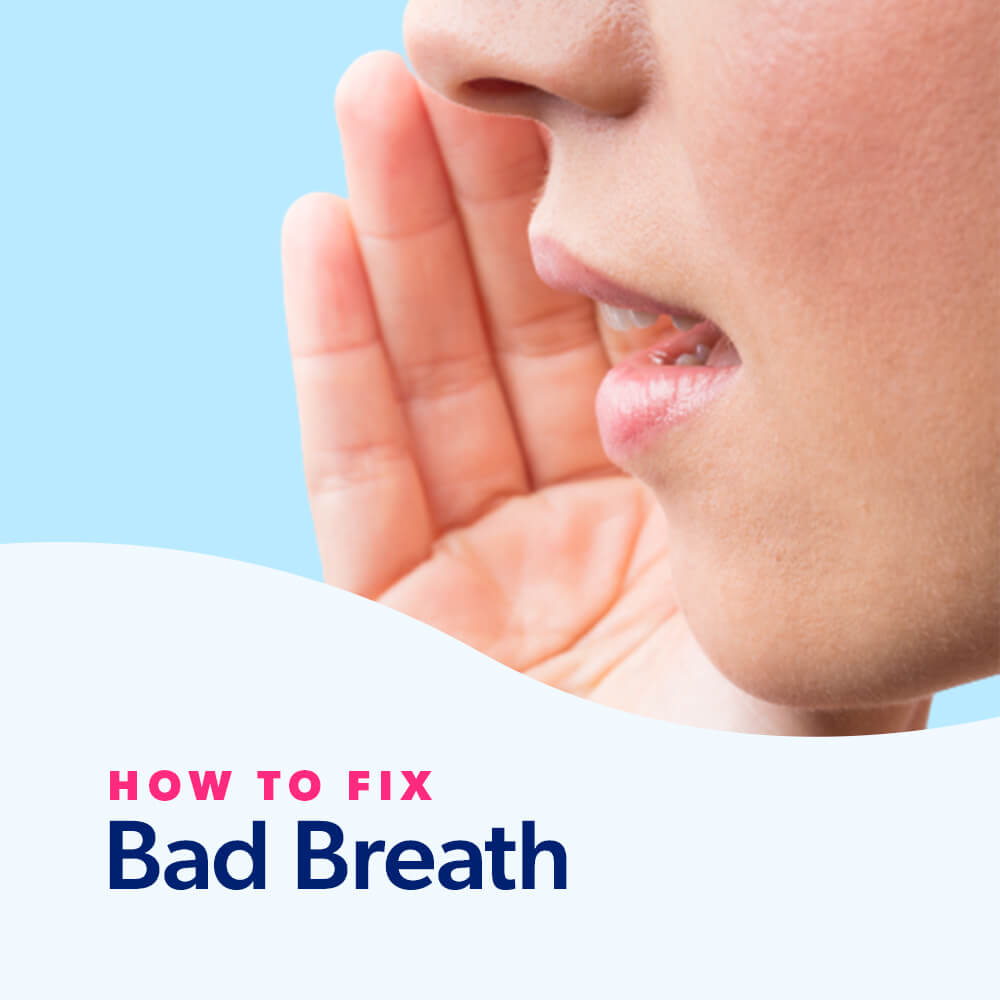
How to Fix Bad Breath
Bad breath is an all-too-common issue that affects almost everyone from time to time. This condition can be temporary or chronic, and it is also referred to as oral malodor or halitosis. Many people experience bad breath in the morning when they first wake up,...
Read More -
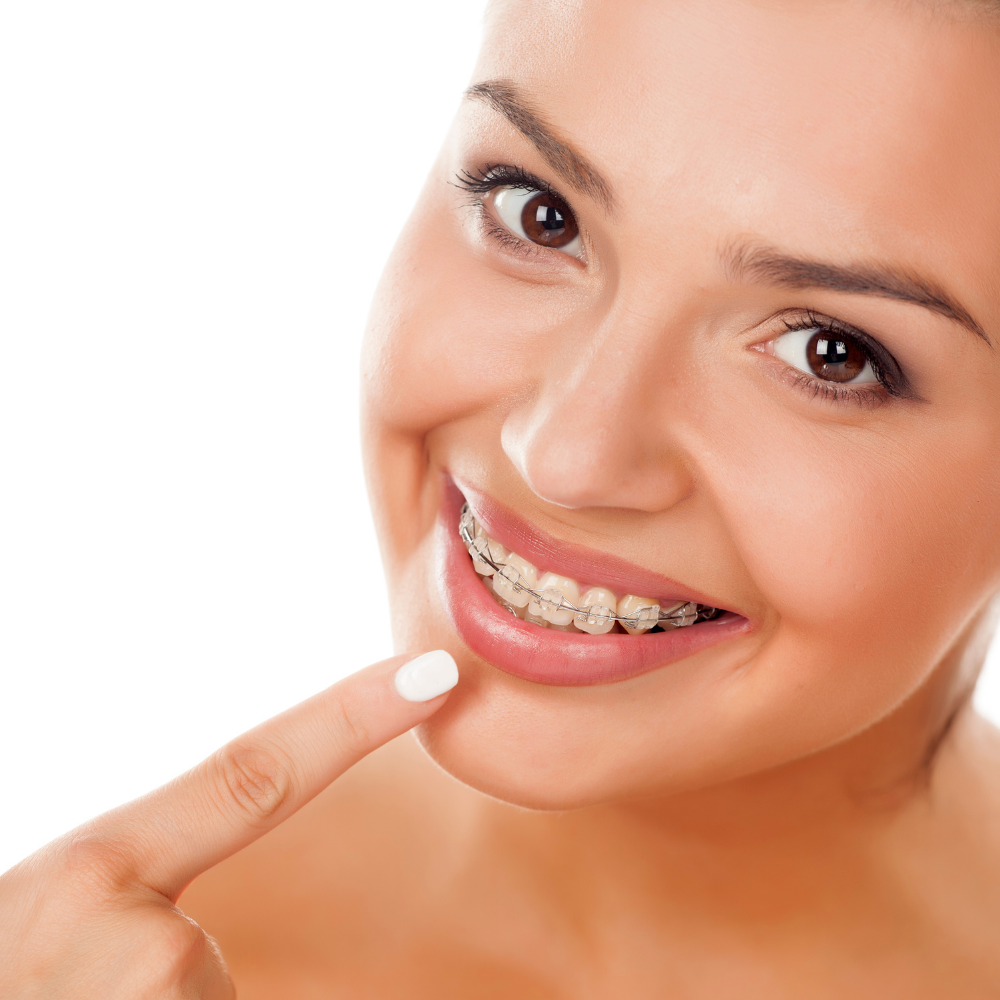
How to Get Rid of Yellow Staining From Braces
The moment your braces come off is a major high point in your life. You've spent a lot of time waiting and working to achieve the straight teeth and radiant smile you've always dreamed of. But sometimes when the braces come off, your smile isn't quite...
Read More -
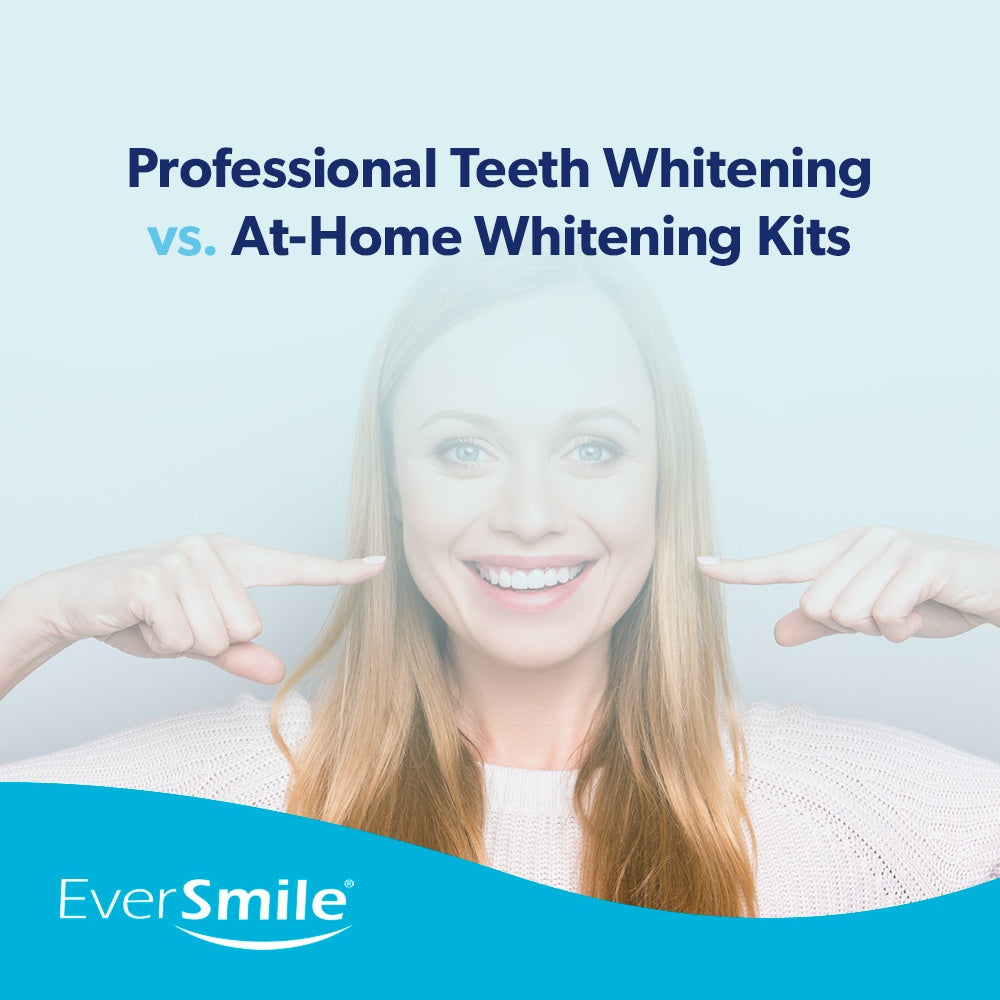
Professional Teeth Whitening vs. At-Home Whitening Kits
If you find yourself looking at your teeth and thinking, "My smile isn't as bright as it used to be," you aren't the only one. Teeth discoloration is a normal process in life. But, luckily, there are things you can do to get whiter teeth....
Read More -

The Facts on Funk: Why Is My Clear Aligner Yellow?
You got clear aligners so that no one would notice them, but your invisible aligners are only invisible if they stay clear. Many things can stain your aligners or lead to your retainer turning yellow. Certain foods, such as dark-colored berries or sugary chocolates can lead...
Read More
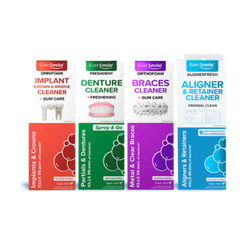
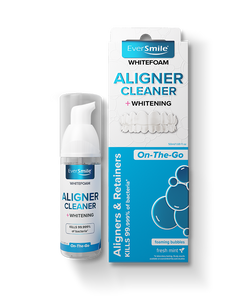
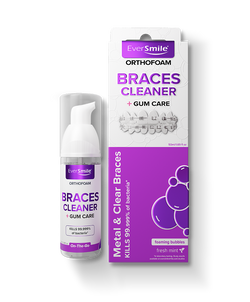
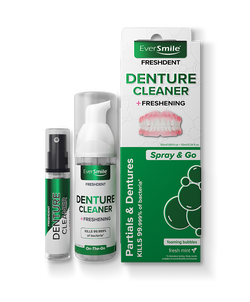
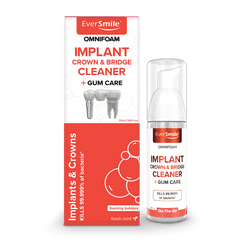
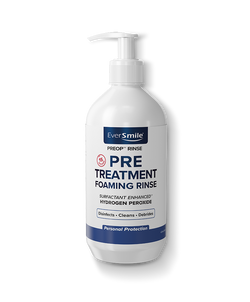





Post a Comment!